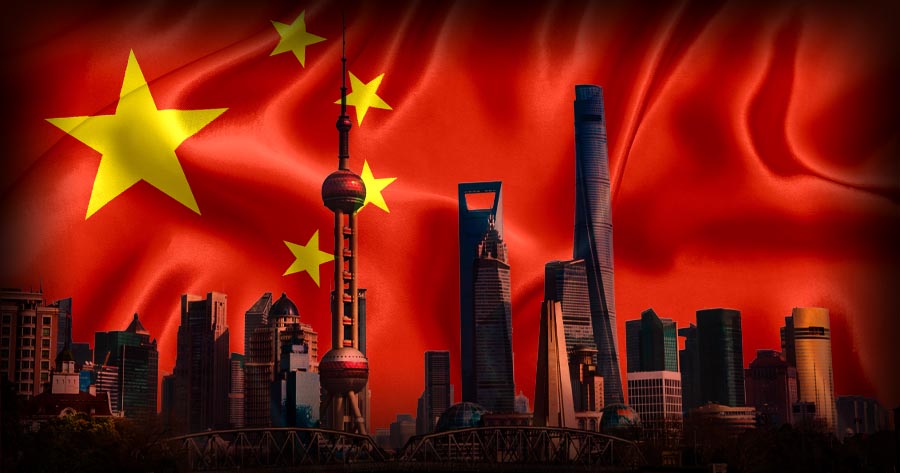Speculations loom among analysts for the People’s Bank of China (PBOC) to potentially return to acquire government bonds after the recent move to cease bond purchases intensified the upward pressure on short-term interest rates while compressing the yield curve.
China’s one-year bond yield experienced a significant increase of over 20 basis points this month, narrowing its difference from the 10-year benchmark bonds to levels not seen since December 2023. This development followed the PBOC’s January announcement to halt sovereign bond purchases as part of an effort to cool the bond market and curb liquidity to support the yuan.
Furthermore, the heightened short-term rates are being driven by a postponement in interest rate cuts, pressured by the potential depreciation of the yuan amid tariff threats from the United States under President Donald Trump’s administration. Beijing recently observed its seven-day repo rate peak to heights not recorded in nearly two years, underscoring stringent liquidity conditions.
Xing Zhaopeng, a senior strategist at Australia & New Zealand Banking Group Ltd., attributes the flattening yield curve to the PBOC’s decision to stop bond purchases and the delay in rate cuts. He anticipates that the central bank might intervene to maintain an upward-sloping curve, likely by resuming front-end bond purchases in the second quarter.
The yield curve’s flattening traditionally signals bearish expectations for long-term growth. In recent years, both the current PBOC Governor Pan Gongsheng and his predecessor Yi Gang have emphasized the importance of maintaining an upward-sloping curve to stimulate investment.
However, China’s ongoing deflationary trend—the longest since the 1960s—is putting pressure on long-end yields, which have dropped below 1.6% for the first time.
The PBOC has demonstrated its intention to uphold tighter monetary conditions with recent liquidity maneuvers. On Friday, the central bank extracted a net 795 billion yuan ($109.6 billion) through medium-term policy loans, while maintaining the interest rate steady at 2%.
Samuel Tse, an economist at DBS Bank in Hong Kong, anticipates that the yield curve will remain flat due to subdued inflation expectations. Tse also expects that the PBOC will likely reinstate bond purchases.
The prevailing low inflation and weak credit demand are expected to encourage the central bank to maintain an accommodative policy stance, which could lead to a resumption of easing measures such as bond buying.





